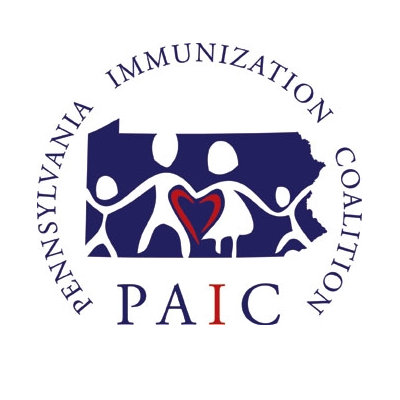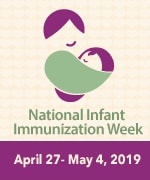National Infant Immunization Week (NIIW): April 27-May 4
National Infant Immunization Week (NIIW)
is an annual observance to promote the benefits of immunizations and to improve the health of children two years old or younger. In 2019, we are celebrating the 25th anniversary of NIIW. Since 1994, local and state health departments, national immunization partners, healthcare professionals, community leaders from across the United States, and the Centers for Disease Control and Prevention (CDC) have worked together through NIIW to highlight the positive impact of vaccination on the lives of infants and children, and to call attention to immunization achievements.
National Infant Immunization Week Resources
Milestones Reached
Several important milestones in controlling vaccine-preventable diseases among infants worldwide worldwide have already been reached:
- Vaccines have drastically reduced infant death and disability caused by preventable diseases in the United States.
- Through immunization, we can now protect infants and children from 14 vaccine-preventable diseases before age two.
- Routine childhood immunization among children born 1994-2018 will prevent an estimated 419 million illnesses, 26.8 million hospitalizations, and 936,000 early deaths over the course of their lifetimes, at a net savings of $406 billion in direct costs and $1.9 trillion in total societal costs.
- The National Immunization Survey has consistently shown that childhood immunization rates for vaccines routinely recommended for children remain at or near record levels.
It’s easy to think of these as diseases of the past. However, the truth is they still exist. Children in the United States can—and do—still get some of these diseases.

